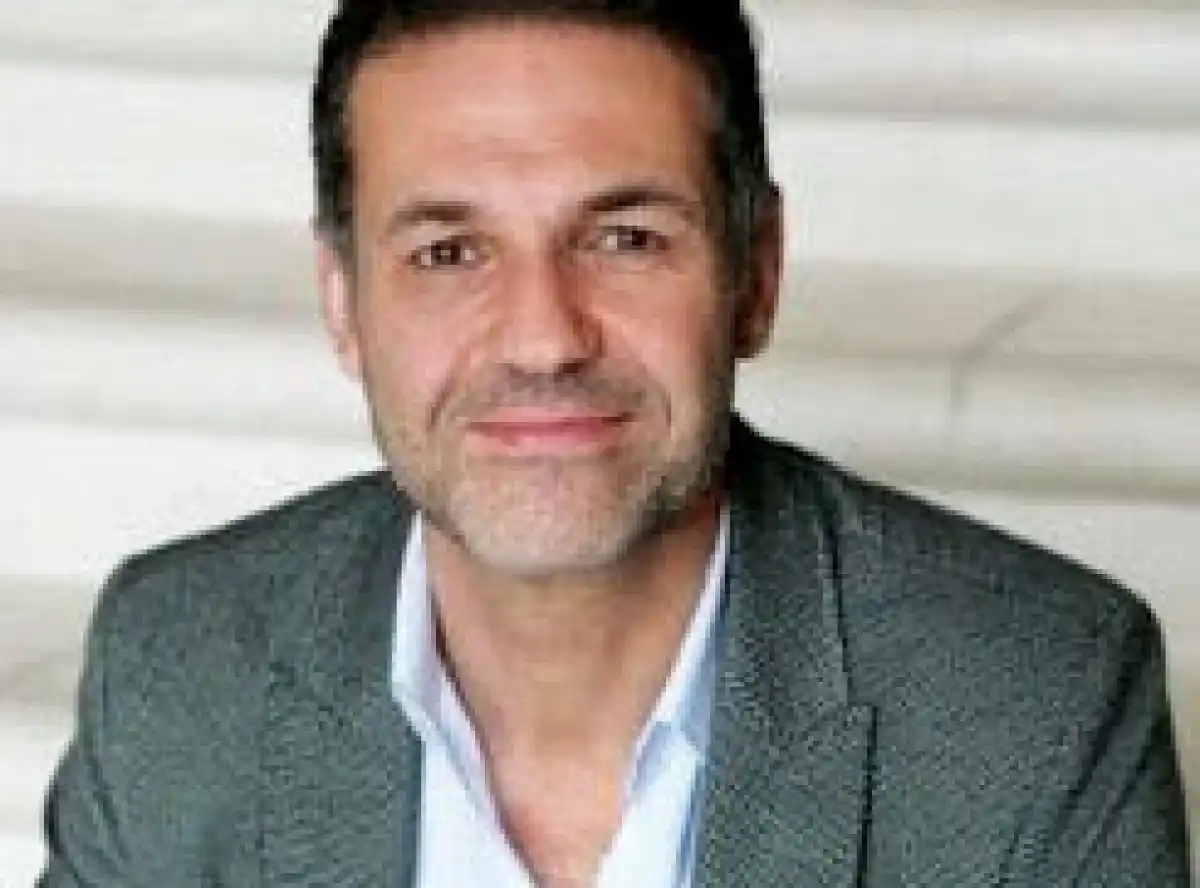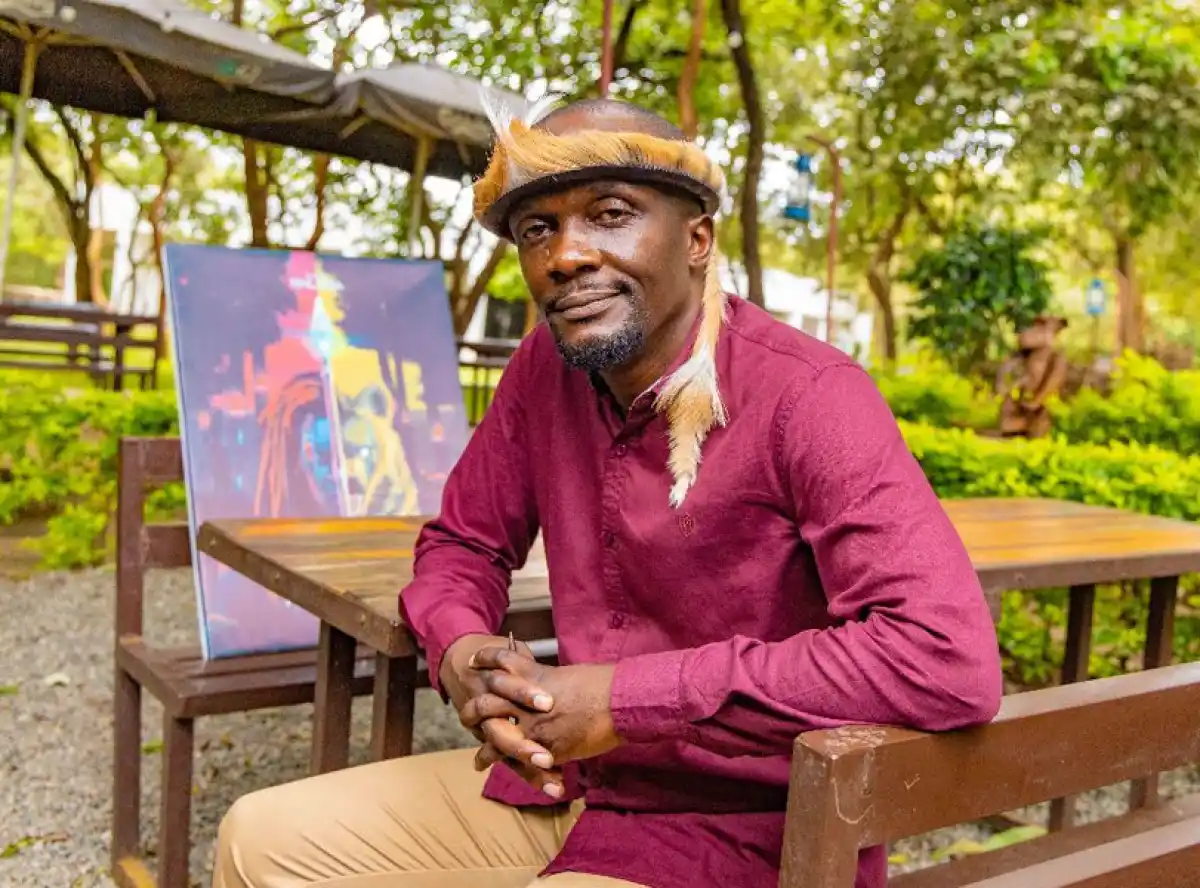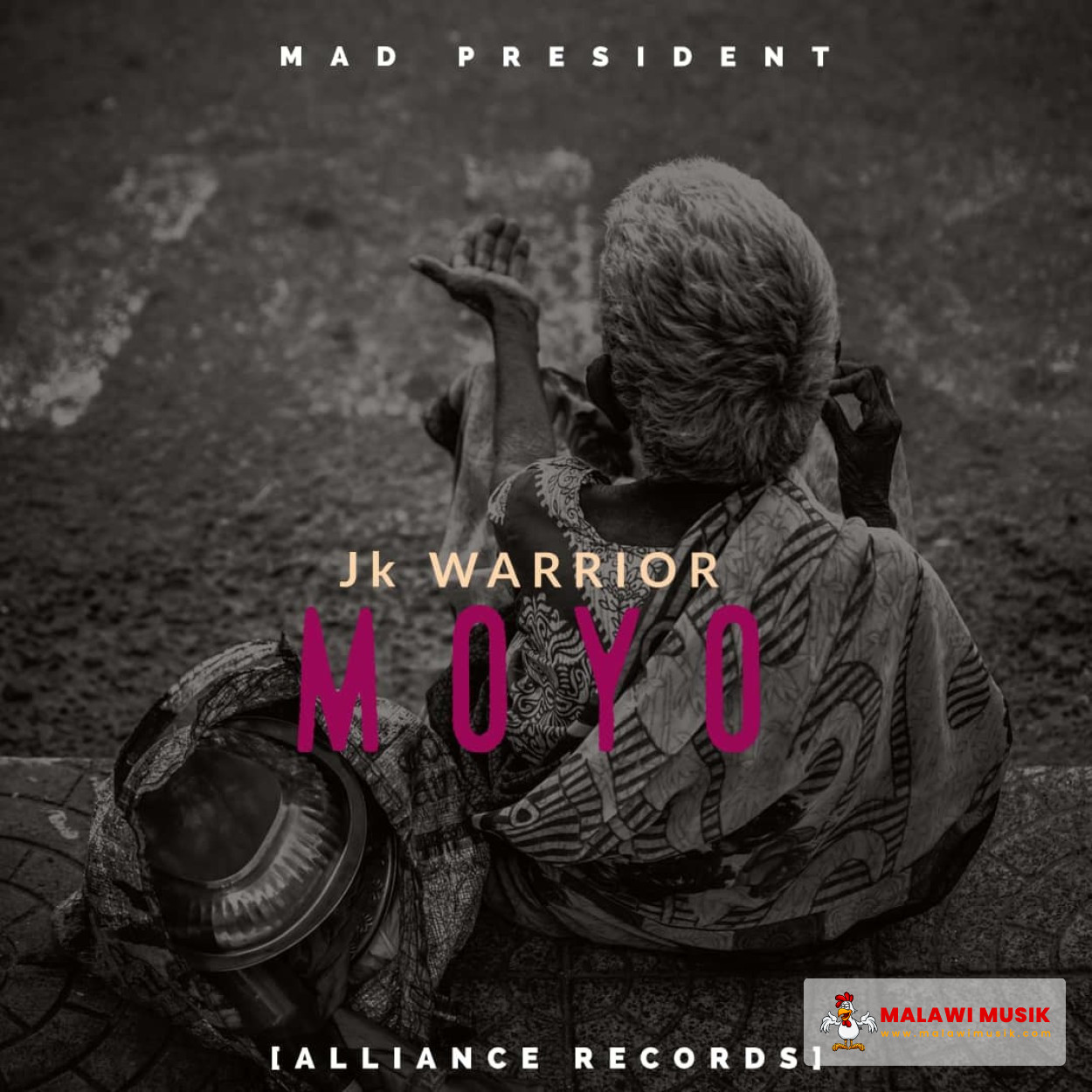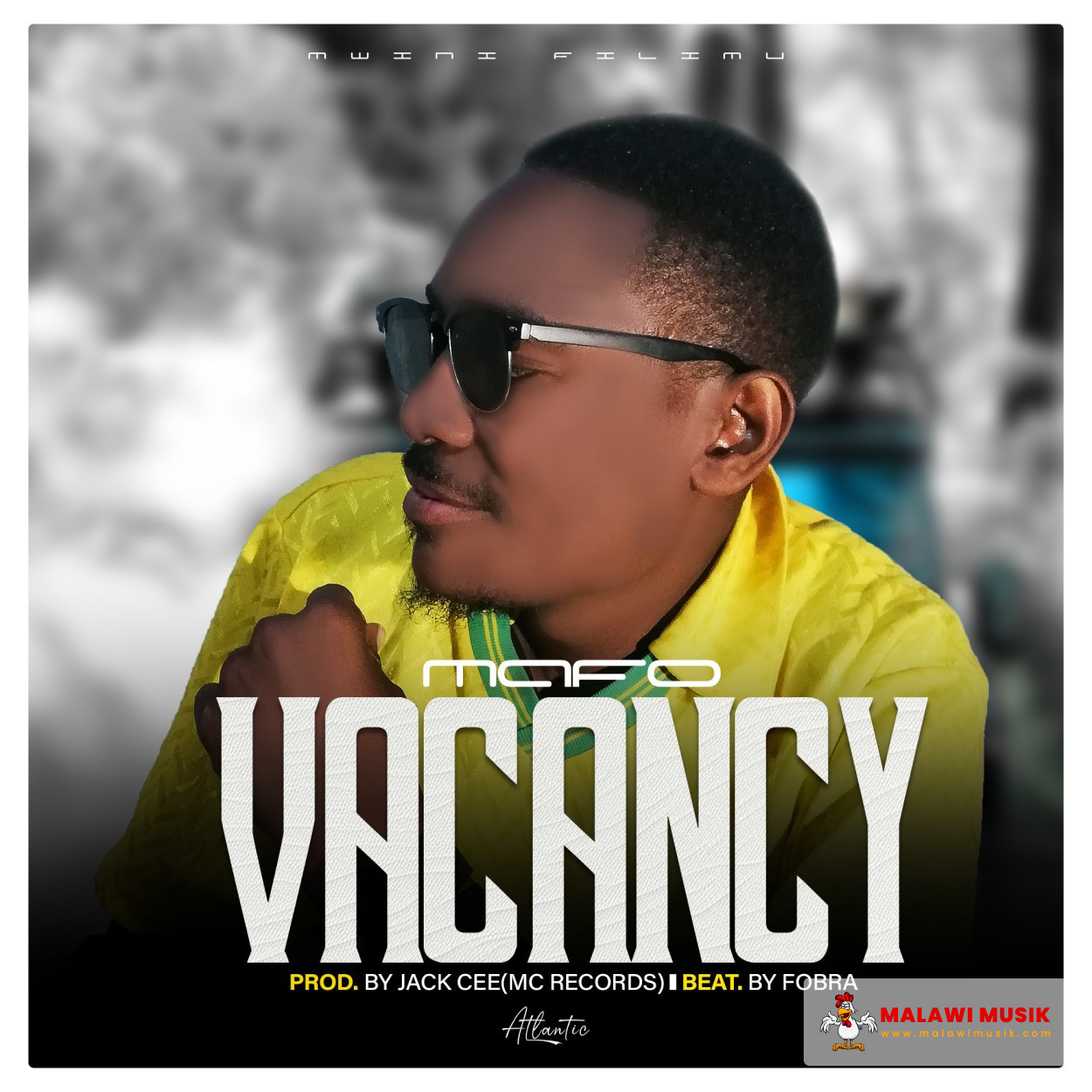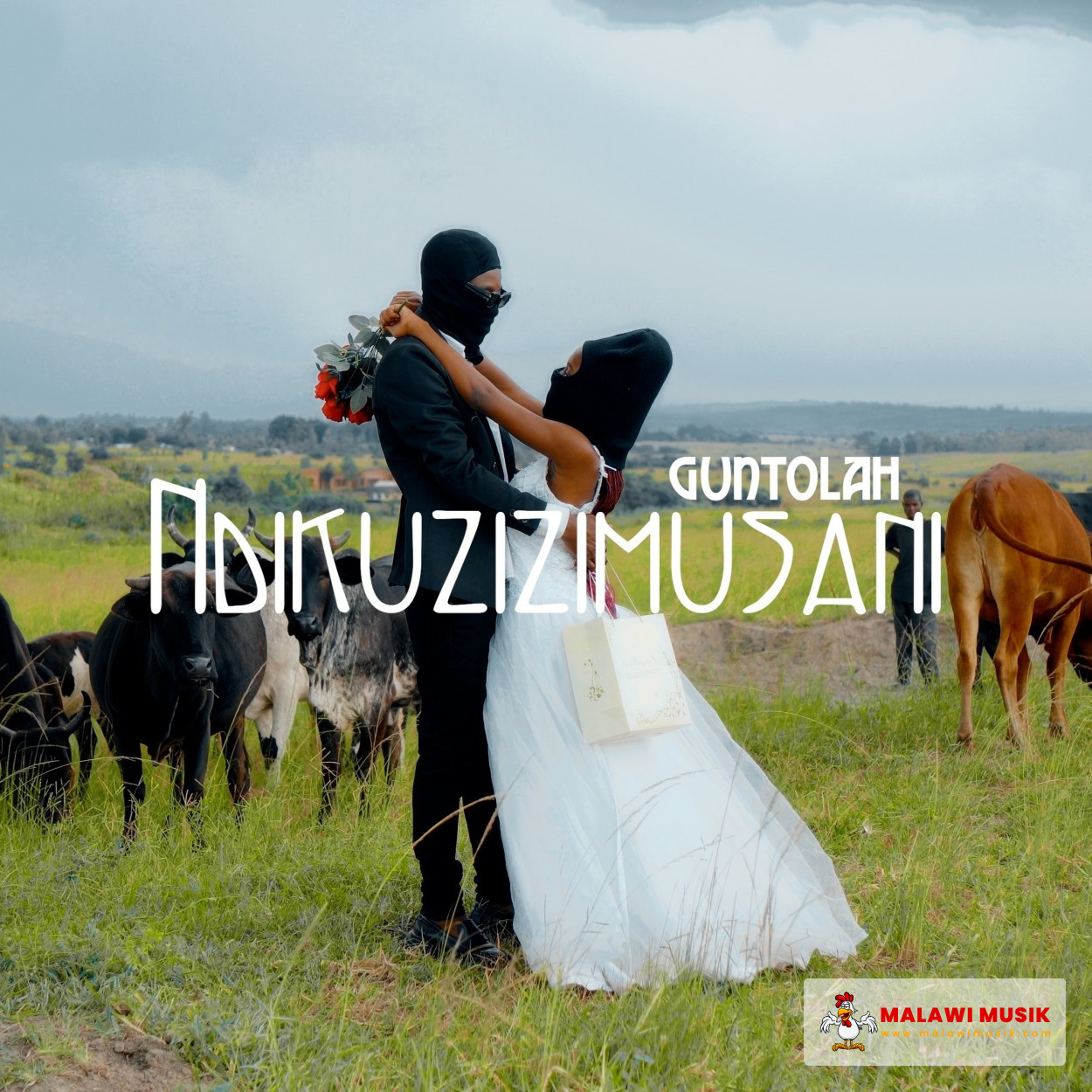
Khaled Hosseini discusses The Kite Runner (2003) and A Thousand Splendid Suns (2007); his experience growing up in Afghanistan.
The Kite Runner helped alter the world’s perception of Afghanistan. Do you feel a special responsibility to inform the world about your native country, especially given the current situation there and the prominent platform you’ve gained?
For me as a writer, the story has always taken precedence over everything else. I have never sat down to write with broad, sweeping ideas in mind, and certainly never with a specific agenda. It is quite a burden for a writer to feel a responsibility to represent his or her own culture and to educate others about it. For me it always starts from a very personal, intimate place, about human connections, and then expands from there. What intrigued me about this book [A Thousand Splendid Suns]] were the hopes and dreams and disillusions of these two women, their inner lives, the specific circumstances that bring them together, their resolve to survive, and the fact that their relationship evolves into something meaningful and powerful, even as the world around them unravels and slips into chaos. But as I wrote, I witnessed the story expanding, becoming more ambitious page after page.
Where does the title of your book come from?
It comes from a poem about Kabul by Saib-e-Tabrizi, a seventeenth-century Persian poet, who wrote it after a visit to the city left him deeply impressed. I was searching for English translations of poems about Kabul, for use in a scene where a character bemoans leaving his beloved city, when I found this particular verse. I realized that I had found not only the right line for the scene, but also an evocative title in the phrase “a thousand splendid suns,” which appears in the next-to-last stanza. The poem was translated from Farsi by Dr. Josephine Davis.
In what ways was writing A Thousand Splendid Suns different from writing The Kite Runner?
Well, when I was writing The Kite Runner, no one was waiting for it! The difficulty of writing a second novel is directly proportional to how successful the first novel was, it seems. For me, at the outset, there was a period of self-doubt and hesitation, as well as a recurring tendency to question and reassess my own literary capabilities and limitations. This was especially so when I was aware of the people out there who were eagerly awaiting the book: booksellers, my publisher, and of course, the reading public. This is both wonderful—after all, you want your work to be anticipated—and daunting—your work is anticipated!
Though I did experience some of these apprehensions—as my wife will surely attest—I gradually learned to view them as natural and not unique to me. And as I began to write, as the story picked up pace and I found myself immersed in the world of Mariam and Laila, these apprehensions vanished on their own. The developing story captured me and enabled me to tune out the background noise and get on with the business of inhabiting the world I was creating.
I also think that A Thousand Splendid Suns is, in some ways, a more ambitious book than my first novel. The story is multigenerational, unfolding over almost forty-five years, often skipping ahead years. There is a larger cast of characters, and a dual perspective, and the wars and political turmoil in Afghanistan are chronicled with more detail than in The Kite Runner. This means that I was performing a perpetual balancing act in writing about the intimate—the inner lives of the characters—and depicting the external world that exerts pressure on the characters and forces their fate.
Do you see common themes in the two books?
In both novels, characters are caught in a crossfire and overwhelmed by external forces. Their inner lives are influenced by an often brutal and unforgiving outside world, and the decisions they make about their own lives are influenced by things over which they have no control: revolutions, wars, extremism, and oppression. This, I think, is even more the case with A Thousand Splendid Suns. In The Kite Runner, Amir spends many years away from Afghanistan as an immigrant in the United States. The horrors and hardships that he is spared, Mariam and Laila live through; in that sense, their lives are shaped more acutely by the events in Afghanistan than Amir’s life is.

Both novels are multigenerational, and so the relationship between parent and child, with all of its manifest complexities and contradictions, is a prominent theme. I did not intend this, but I am keenly interested, it appears, in the way parents and children love, disappoint, and in the end honor each other. In one way, the two novels are corollaries: The Kite Runner was a father-son story, and A Thousand Splendid Suns can be seen as a mother-daughter story.
Ultimately, I think, both novels are love stories. Characters seek and are saved by love and human connection. In The Kite Runner, it was mainly the love between men. In A Thousand Splendid Suns, love manifests itself in even more various shapes, be it romantic love between a man and a woman, parental love, or love for family, home, country, God. I think in both novels, it is ultimately love that draws characters out of their isolation, that gives them the strength to transcend their own limitations, to expose their vulnerabilities, and to perform devastating acts of self-sacrifice.
The Kite Runner was centered on the friendship between two men, and the story was told from a male point of view. In your other book [A Thousand Splendid Suns] you’ve focused on the relationship between two women, and the tale is told from their alternating perspectives. Why did you decide to write from a female point of view this time? What was it about these particular women and their relationship that gripped you?
I had been entertaining the idea of writing a story of Afghan women for some time after I’d finished writing The Kite Runner. That first novel was a male-dominated story. All the major characters, except perhaps for Amir’s wife Soraya, were men. There was a whole facet of Afghan society which I hadn’t touched on in The Kite Runner, an entire landscape that I felt was fertile with story ideas. After all, so much had happened to Afghan women in the last thirty years, particularly after the Soviets withdrew and factional fighting broke out. With the outbreak of civil war, women in Afghanistan were subjected to gender based human rights abuses, such as rape and forced marriage. They were used as spoils of war. They were abducted and sold into prostitution. When the Taliban came, they imposed inhumane restrictions on women, limiting their freedom of movement, expression, barring them from work and education, harassing them, humiliating them, beating them.
The Kite Runner was adopted by many reading groups, and by cities and communities as part of their public reading programs. Why do you think that happened? What do you think people take away from your stories?
The Kite Runner is multi-layered, in that it provides readers with cultural, religious, political, historical, and literary points to discuss. But I suspect that also part of the reason it is popular with book groups is that it is a very human story. Because the themes of friendship, betrayal, guilt, redemption, and the uneasy love between fathers and sons are universal and not specifically Afghan, the book has reached across cultural, racial, religious, and gender gaps to resonate with readers of various backgrounds. I think people respond to the emotions in this book.
There is also, of course, international interest in Afghanistan, given the events of 9/11 and the war on terror. For many readers, this book is really the first window into that culture. So there is also a curiosity about that country, which this book addresses to some extent.
What was the other incident that inspired your novel?
It involved a kid named Moussa, who was also an ethnic Hazara. Moussa lived with his mother across the street from us in a partially constructed home. The neighborhood where we lived, and that I used in the book, was called Wazir Akbar Khan. It was a district in northern Kabul, a fairly affluent and new neighborhood that was still being developed. And sometimes people hired folks to keep watch over their homes as they were being built. So this kid and his mother were living across the street from us. From time to time we’d play soccer with him or fly kites. One day, I was maybe ten years old, my brother and I were sitting on our garden wall when we noticed Moussa across the street in the yard of his place. We all had these little mirrors and we were playing around with them — using them to shine the reflected sun in each other’s eyes from one side of the street to the other. The guy who was a cook for my family at the time walked out, saw us playing, and said, ‘Oh, is that Moussa over there?’ I said, ‘Yes.’ He nodded and said, kind of casually — and forgive me for saying this — ‘You know I’ve been fucking him for the last month.’ My brother and I didn’t know what that meant. We asked around and eventually found out. We never told anybody. I guess we were scared of the cook. And even back then I think we realized if we had told it was quite possible no one would have cared. The character that ended up being Hassan was a fusion of these two people: Hussein Khan and Moussa. Once he came to life, so did his alter ego, Amir, who then turned out to be the protagonist and the voice of the novel — the person to whom the story’s moral dilemmas present themselves.

